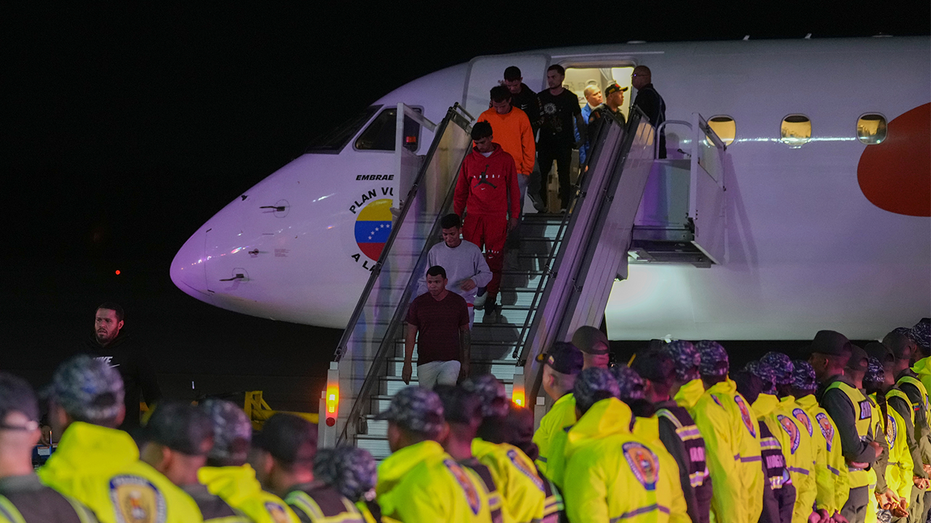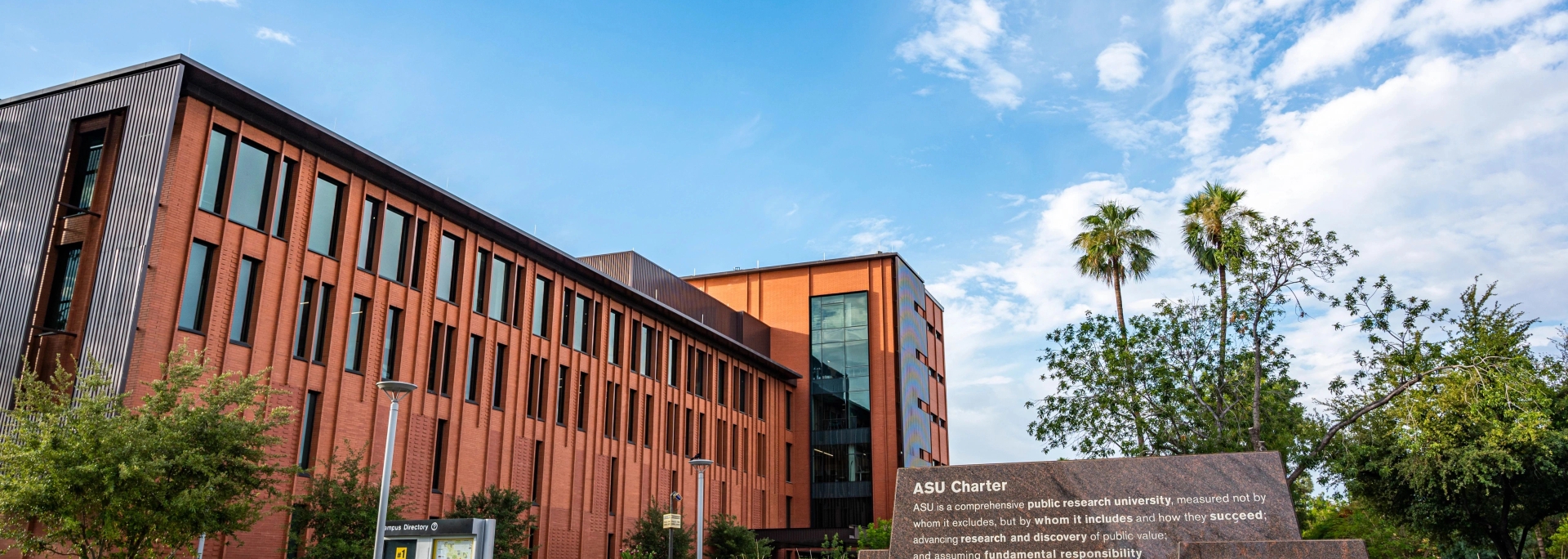South Sudan-US Collaboration: Streamlining The Return Of Deportees

Table of Contents
Challenges in the Current Deportation Process
The current system for deporting South Sudanese citizens from the US faces numerous obstacles hindering a smooth and effective repatriation. These challenges can be broadly categorized into logistical hurdles and reintegration difficulties.
Logistical Hurdles
Coordinating the deportation of individuals from various US detention centers to South Sudan presents significant logistical challenges. These include:
- Difficulties in coordinating flights and transportation: Securing flights and arranging ground transportation from detention centers to airports and then onward to South Sudan is often complex and expensive. Delays are common, adding to the stress experienced by deportees.
- Lack of adequate reception facilities and support upon arrival: Insufficient reception facilities and a lack of readily available support upon arrival in South Sudan leave deportees vulnerable and disoriented. This lack of preparedness exacerbates the difficulties of reintegration.
- Delays in processing documentation and identification: Delays in verifying identities and processing necessary documentation further complicate the process, leading to extended stays in transit locations and increased anxiety for deportees.
- Need for improved communication channels between US and South Sudan authorities: Clear and consistent communication channels are critical for efficient coordination. Improved communication protocols, including real-time data sharing, would significantly streamline the process.
- Funding limitations impacting logistical capabilities: Insufficient funding for transportation, reception facilities, and personnel further hinders the effectiveness of the repatriation process. Increased financial investment is crucial to address these limitations.
Reintegration Challenges
Even with efficient deportation logistics, significant reintegration challenges await deportees upon their return to South Sudan. These include:
- Difficulties faced by deportees in reintegrating into South Sudanese society: Deportees often face social stigma, discrimination, and difficulty finding employment and housing. Many struggle to re-establish their lives and support themselves and their families.
- Limited access to employment, housing, and essential services: The lack of access to essential services, including healthcare, education, and job opportunities, further complicates reintegration. Many deportees lack the skills and resources to secure employment.
- Trauma experienced by deportees during detention and deportation: The experience of detention and deportation is often traumatic, leading to mental health issues and requiring specialized support. This trauma can severely impact their ability to rebuild their lives.
- Need for comprehensive reintegration programs providing psychosocial support, skills training, and job placement assistance: Comprehensive programs are needed to address the diverse needs of deportees, providing psychosocial support, vocational training, and job placement assistance.
- Addressing the stigma associated with deportation: Public awareness campaigns and community engagement efforts are necessary to reduce the stigma associated with deportation and foster a more inclusive environment for returning citizens.
Strengthening South Sudan-US Collaboration
Improving the South Sudan-US deportation collaboration requires a multifaceted approach focusing on enhanced communication, pre-departure assistance, and post-arrival support.
Enhanced Communication and Data Sharing
Effective communication is crucial for streamlining the deportation process. This requires:
- Improving information exchange between US immigration authorities and South Sudanese government officials: Real-time data sharing and regular updates on deportation schedules and individual case details are essential.
- Utilizing technology to streamline the tracking and documentation of deportees: Digital platforms and secure databases can facilitate efficient tracking and documentation, minimizing delays and improving transparency.
- Establishing a joint task force to oversee the deportation process: A joint task force comprised of representatives from both countries can provide consistent oversight, address challenges, and ensure smooth collaboration.
- Regular meetings and workshops to address challenges and share best practices: Regular meetings and workshops offer platforms to identify areas for improvement, share best practices, and address emerging challenges.
Pre-Departure Assistance Programs
Implementing pre-departure assistance programs can significantly ease the transition for deportees:
- Implementing pre-departure orientation programs to prepare deportees for their return: These programs can provide crucial information on available support services, reintegration resources, and cultural adjustments.
- Providing information on available support services in South Sudan: Access to information on healthcare, housing, employment assistance, and psychosocial support is essential for successful reintegration.
- Offering assistance with obtaining necessary travel documents: Providing assistance with obtaining passports, visas, and other necessary travel documents can significantly reduce delays and streamline the process.
- Collaborating with NGOs and international organizations to provide pre-departure support: Partnering with NGOs and international organizations can expand the scope and effectiveness of pre-departure assistance programs.
- Addressing the specific needs of vulnerable groups, such as unaccompanied minors and those with health issues: Vulnerable groups require specialized support and attention to their unique needs.
Post-Arrival Support and Reintegration Strategies
Post-arrival support and effective reintegration strategies are paramount for successful resettlement:
- Developing comprehensive reintegration programs with access to healthcare, housing, and job training: These programs should provide comprehensive services to address the diverse needs of returning citizens.
- Strengthening partnerships with local communities to facilitate reintegration: Engaging local communities and fostering their participation in reintegration initiatives promotes acceptance and social inclusion.
- Providing psychosocial support services to address trauma and mental health issues: Addressing mental health issues and providing psychosocial support is critical for successful reintegration and well-being.
- Investing in vocational training and job creation initiatives: Providing job training and supporting job creation initiatives improves employment opportunities and economic self-sufficiency.
Humanitarian Considerations and Legal Frameworks
Respect for human rights and adherence to legal frameworks are fundamental:
- Reviewing and strengthening legal frameworks to protect the rights of deportees: Legal frameworks should guarantee fair treatment and due process throughout the deportation and reintegration process.
- Ensuring adherence to international human rights standards throughout the process: Adherence to international human rights standards is non-negotiable and essential for protecting the dignity and rights of deportees.
- Addressing concerns about due process and fair treatment: Mechanisms for addressing grievances and ensuring fair treatment throughout the deportation process must be in place.
- Promoting a human rights-based approach to deportation and reintegration: A human rights-based approach guarantees that the dignity and rights of deportees are respected and protected at every stage.
Conclusion
Streamlining the return of deportees through robust South Sudan-US deportation collaboration is essential for a humane and efficient repatriation process. By improving communication, enhancing pre- and post-arrival support, and bolstering reintegration programs, both countries can significantly improve the lives of returning citizens. This requires sustained commitment, increased funding, and a shared vision for a more effective and compassionate approach to this complex issue. Further collaboration on South Sudan-US deportation strategies is crucial for achieving a successful and humane repatriation process. Let's work together to strengthen this vital partnership and ensure that the return of South Sudanese citizens from the US is handled with dignity and compassion.

Featured Posts
-
 Fsu Security Flaw Rapid Police Reaction Doesnt Ease Student Concerns
Apr 22, 2025
Fsu Security Flaw Rapid Police Reaction Doesnt Ease Student Concerns
Apr 22, 2025 -
 Kyivs Dilemma Evaluating Trumps Plan To End The Ukraine War
Apr 22, 2025
Kyivs Dilemma Evaluating Trumps Plan To End The Ukraine War
Apr 22, 2025 -
 Pope Franciss Enduring Influence The Conclaves Verdict
Apr 22, 2025
Pope Franciss Enduring Influence The Conclaves Verdict
Apr 22, 2025 -
 Bof A Reassures Investors Why Current Market Valuations Are Not A Threat
Apr 22, 2025
Bof A Reassures Investors Why Current Market Valuations Are Not A Threat
Apr 22, 2025 -
 Anti Trump Protests Hear Their Stories
Apr 22, 2025
Anti Trump Protests Hear Their Stories
Apr 22, 2025
